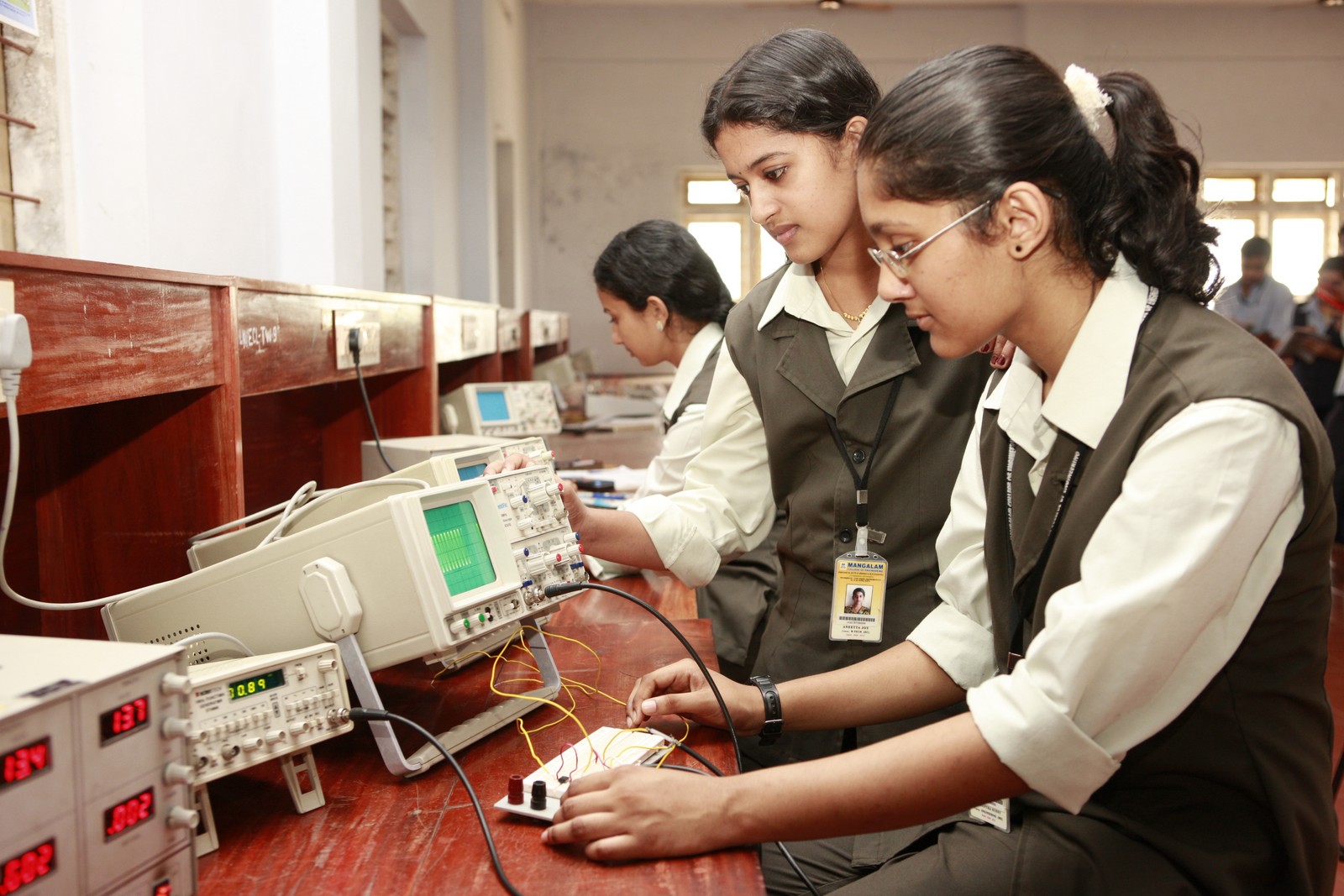
Sophia, la première citoyenne humanoïde du monde, veut maintenant être la première non-humaine à conquérir le plus haut sommet du monde, le mont Everest.
Le robot d'intelligence artificielle le plus avancé au monde a fait ces commentaires lors d'une conférence dans le cadre d'un programme organisé par le Programme des Nations Unies pour le développement (PNUD) à Katmandou, au Népal, le 21 mars.
Sophia, qui a récemment obtenu la citoyenneté robotique de l'Arabie saoudite, a été recrutée par le PNUD en tant que tout premier champion de l'innovation pour aider à promouvoir les objectifs de développement durable de l'ONU en Asie et dans le Pacifique.
"La science et la technologie offrent de nombreuses opportunités de développement", a déclaré Sophia lors de l'événement.
Conçu par Hanson Robotics de Hong Kong, Sophia est le tout premier robot rationnel avec des traits humains.
« La technologie et l'intelligence artificielle peuvent nous aider à faire un grand pas en avant pour mettre fin à la pauvreté, à la faim, assurer une meilleure santé, lutter contre la corruption et garantir l'égalité des sexes », a déclaré Sophia.
Notant que le Népal est riche en biodiversité, en langue et en culture, Sophia a déclaré que le gouvernement devrait être transparent et comprendre les besoins de la population.
"Nous pouvons avoir un accès direct aux personnes vivant dans des zones reculées grâce aux progrès de la télémédecine et du secteur de l'éducation", a déclaré Sophia.
Sophia a également lancé un appel à tous pour sauver la planète de l'épuisement continu et des cicatrices afin de la rendre sûre pour les générations futures.
Les machines et les robots sont là pour vous faciliter la vie. Avec l'aide d'Internet, nous pouvons connecter des régions éloignées du pays au reste du monde et offrir une éducation de qualité et d'autres services - Sophia
L'intelligence artificielle peut aider à lutter contre les maladies, à assainir l'environnement et à effectuer des travaux dans des conditions à risque. - Sophie
Le programme a été suivi par un grand nombre de personnes, notamment des représentants du gouvernement, des experts en environnement, des militants sociaux, des diplomates, des journalistes et des étudiants.
Sophia, the world’s first humanoid citizen, now wants to be the first non-human to conquer the world’s highest peak, Mt Everest.
The world’s most advanced Artificial Intelligence robot made the comments at a conference as part of a programme organised by the United Nations Development Programme (UNDP) in Kathmandu, Nepal, on 21 March.
Sophia, who was recently given robot citizenship by Saudi Arabia, has been roped in by the UNDP as its first-ever innovation champion to help promote the UN’s sustainable development goals in Asia and the Pacific.
“Science and technology gives ample opportunity for development,” Sophia said at the event.
Designed by Hanson Robotics of Hong Kong, Sophia is the first ever rationale robot with human traits.
“Technology and artificial intelligence can help us take a big leap in ending poverty, hunger, ensuring better health, fighting corruption and ensuring gender equality,” Sophia said.
Noting that Nepal is rich in biodiversity, language and culture, Sophia said the government should be transparent and understand the needs of the people.
“We can have direct access to the people living in remote areas with the advancement in telemedicine and education sector,” Sophia said.
Sophia also appealed to all to save the planet from ongoing depletion and scars to make it safe for future generations.
Machines and robots are here to make life easier. With the help of the Internet, we can connect remote parts of the country to the rest of the world and deliver quality education and other services – Sophia
Artificial intelligence can help fight diseases, clean environment and perform works under risky conditions. – Sophia
The programme was attended by a large number of people including government officials, environmental experts, social activists, diplomats, journalists and students.

Startup
A startup or start-up is a company or project undertaken by an entrepreneur to seek, develop, and validate a scalable business model. While entrepreneurship refers to all new businesses, including self-employment and businesses that never intend to become registered, startups refer to new businesses that intend to grow large beyond the solo founder. At the beginning, startups face high uncertainty and have high rates of failure, but a minority of them do go on to be successful and influential. Some startups become unicorns; that is privately held startup companies valued at over US$1 billion.
Actions
Startups typically begin by a founder (solo-founder) or co-founders who have a way to solve a problem. The founder of a startup will begin market validation by problem interview, solution interview, and building a minimum viable product (MVP), i.e. a prototype, to develop and validate their business models. The startup process can take a long period of time (by some estimates, three years or longer), and hence sustaining effort is required. Over the long term, sustaining effort is especially challenging because of the high failure rates and uncertain outcomes. Having a business plan in place outlines what to do and how to plan and achieve an idea in the future. Typically, these plans outline the first 3 to 5 years of your business strategy.
Design principles
Models behind startups presenting as ventures are usually associated with design science. Design science uses design principles considered to be a coherent set of normative ideas and propositions to design and construct the company's backbone. For example, one of the initial design principles is "affordable loss".
- Log in to post comments